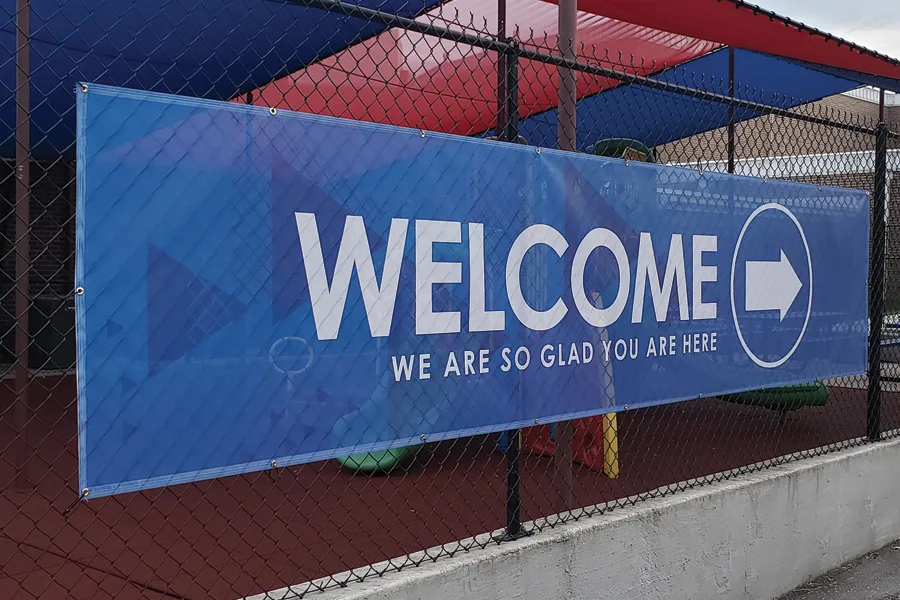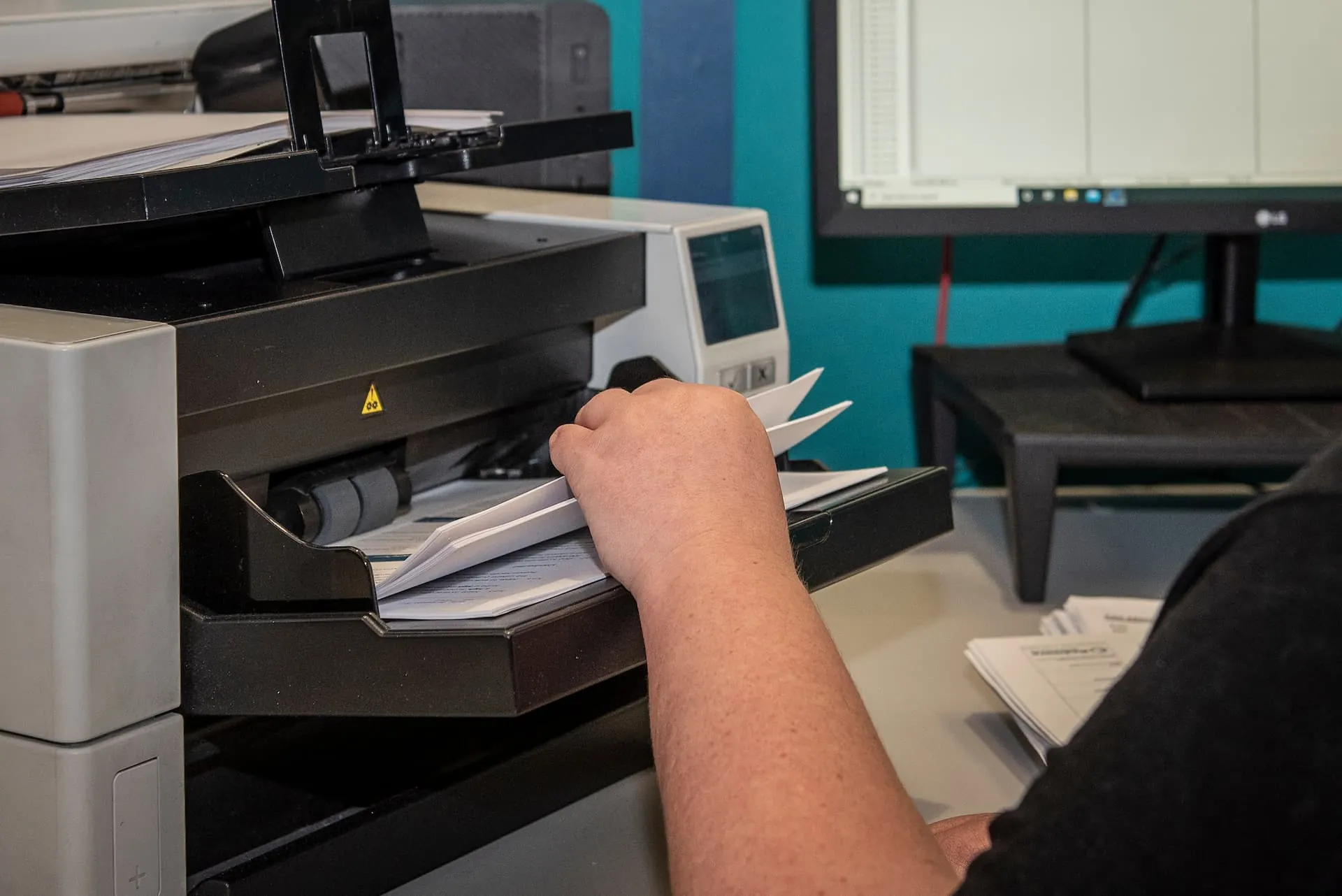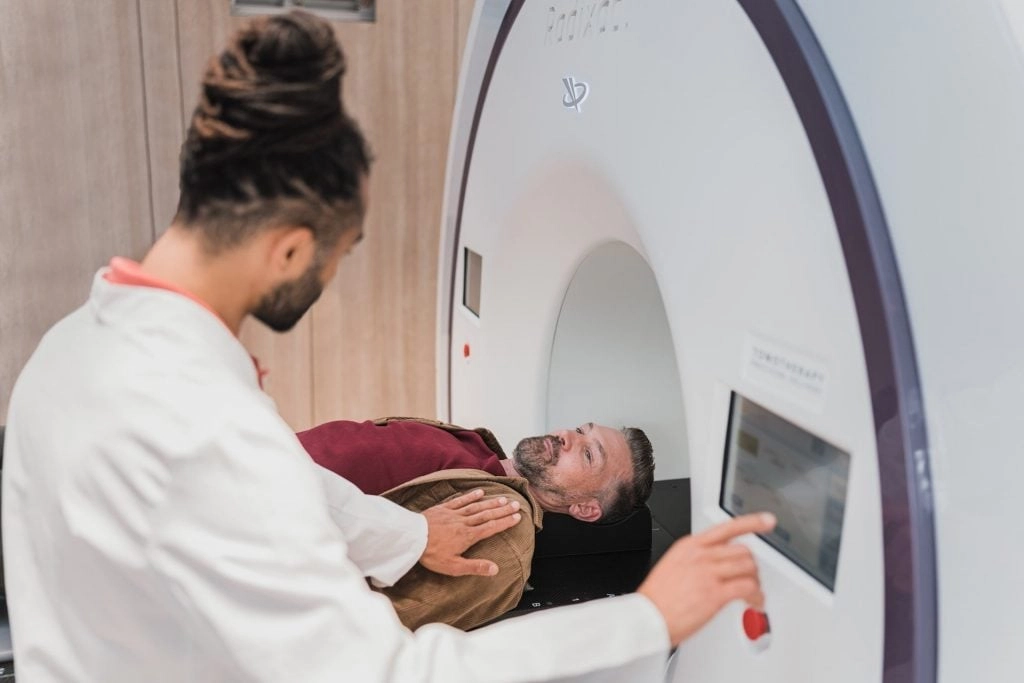Addressing trauma in families is essential in fostering healing and resilience, especially at retreat centers dedicated to recovery. Education plays a pivotal role in this process, providing families with the tools and knowledge necessary to navigate the aftermath of traumatic experiences. By tailoring educational programs to meet the unique needs of each family member, these retreats can promote emotional well-being and understanding. The integration of educational resources with therapeutic support empowers families, helping them rebuild and strengthen their bonds as they move forward on their healing journey.
Key Takeaways
- Education at retreat centers enhances trauma understanding and resilience.
- Families develop empathy and coping skills through educational programs.
- Knowledge empowers families to heal collectively from past traumas.
- Educational tools equip families to navigate challenges in a supportive environment.
- Shared learning experiences at retreat centers foster support and understanding within families.
Understanding Trauma in Families
Within families, trauma can manifest in various forms and deeply impact the well-being of all members involved. It is essential to recognize the signs of trauma, offer support, and create a safe space for healing. By fostering open communication and understanding, families can navigate through challenges together, strengthening bonds and promoting emotional well-being. Empowering families through education is key to addressing and overcoming trauma collectively.
Education as a Healing Tool
Education serves as a powerful tool for healing, offering individuals and families the knowledge and skills necessary to navigate trauma and foster resilience. By providing education on coping strategies, communication techniques, and understanding the effects of trauma, families can develop a deeper sense of understanding and connection. This knowledge empowers individuals to heal, grow, and support one another through challenging times, strengthening bonds and promoting well-being.
Benefits of Retreat Center Programs
Retreat center programs offer a holistic approach to healing and growth for individuals and families impacted by trauma, providing a nurturing environment for emotional restoration and resilience-building. These programs foster a sense of community and belonging, offering a safe space for individuals to explore their emotions and experiences. Through various therapeutic activities and support systems, retreat centers empower families to navigate their healing journey with strength and compassion.

Implementing Education in Family Healing
Fostering a learning-centered approach within family healing initiatives enhances the understanding and resilience of individuals impacted by trauma.
- Education Builds Empathy: Learning about trauma fosters empathy towards family members.
- Knowledge Enhances Coping Strategies: Understanding trauma equips families with effective coping mechanisms.
- Empowerment Through Education: Education empowers families to navigate and heal from past traumas together.
Empowering Families Through Education
By deepening their understanding of trauma and its effects, families can cultivate a shared sense of resilience and healing, paving the way for a transformative journey towards empowerment through knowledge. Education equips families with tools to navigate challenges, fosters open communication, and nurtures empathy within the family unit. Through shared learning experiences, families can build a foundation of support and understanding, fostering healing and growth together.
Frequently Asked Questions
How Can Retreat Centers Help Families Heal From Trauma?
Retreat centers offer a supportive environment for families to heal from trauma by providing therapeutic programs, counseling services, and opportunities for bonding and reflection. Through tailored interventions and a nurturing atmosphere, families can find solace and healing.
What Specific Educational Tools Are Used in Family Healing?
In family healing, specific educational tools like psychoeducation, trauma-informed care, communication skills training, and mindfulness practices are utilized. These tools empower families to heal, foster resilience, promote understanding, and strengthen relationships, facilitating holistic recovery.
Are Retreat Center Programs Tailored to Different Types of Trauma?
Yes, retreat center programs are often tailored to different types of trauma. By customizing approaches based on the unique needs of participants, these programs can offer targeted support, healing, and growth opportunities for individuals and families.
How Can Families Continue Healing After Leaving the Retreat Center?
Continuing healing post-retreat involves open communication, practicing learned coping mechanisms, seeking therapy if needed, and engaging in supportive community activities. Families can maintain progress by prioritizing self-care, nurturing relationships, and attending follow-up sessions.
Can Education at Retreat Centers Prevent Future Trauma in Families?
Education at retreat centers plays an essential role in equipping families with tools to prevent future trauma. By fostering resilience, communication skills, and coping strategies, families can navigate challenges effectively, promoting healing and well-being for generations to come.
Conclusion
To sum up, education plays a vital role in empowering families to address trauma at retreat centers. By offering knowledge, coping strategies, and a deeper understanding of trauma, families can navigate their healing journey together. Through educational components in retreat center programs, families can build a foundation of empathy, resilience, and shared experiences to overcome past traumas and foster emotional well-being. This collaborative approach to healing equips families with the tools needed to support each other and grow together.
Also Read: How To Educate Your Child To Succeed In Their Future Career?





